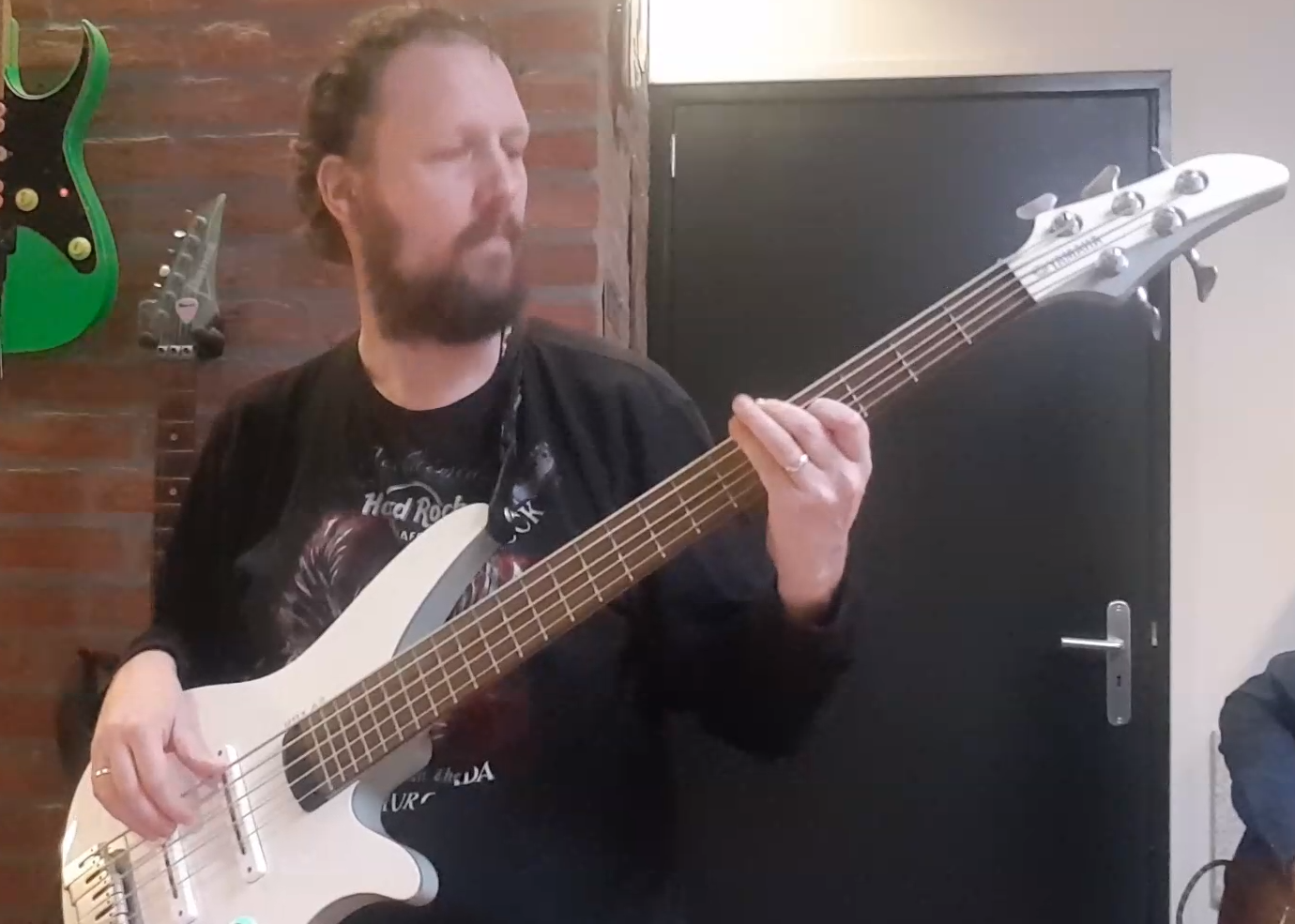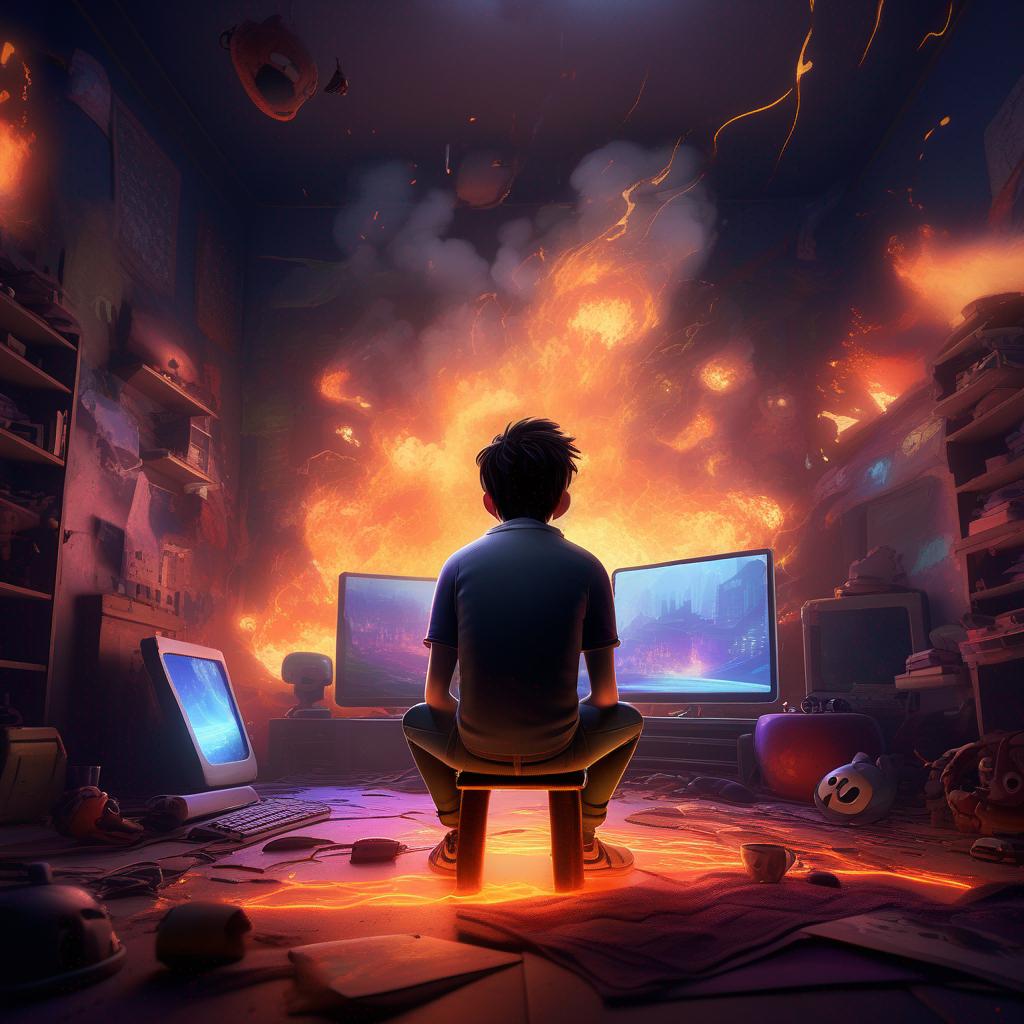Preventing Burnout as a Game Developer
Balancing Passion and Well-being
Hello Coders! 👾
Game development is an incredibly rewarding field, merging creativity, technology, and storytelling into one exciting package. However, it’s also a demanding career that can lead to burnout if not managed properly. As a game developer and content creator who also enjoys a fulfilling personal life, I’ve learned to balance my work and life effectively.
Recognize the Signs of Burnout
Being able to identify the early signs of burnout is crucial for any professional, especially in the demanding world of game development. Burnout can manifest in several ways, and recognizing these symptoms can help you take action before they escalate. Here are some key signs to watch out for:
Physical Signs
- Chronic Fatigue: Feeling tired not just after a day’s work but consistently, even after resting.
- Sleep Issues: Experiencing insomnia or disrupted sleep patterns, or sleeping too much.
- Frequent Illness: A weakened immune system can lead to catching colds or infections more frequently.
Emotional Signs
- Lack of Motivation: When your work no longer excites you, and it’s a struggle to start your day.
- Increased Irritability: Small issues seem much bigger, and patience wears thin with colleagues or loved ones.
- Feelings of Detachment: A sense of feeling disconnected from your work and the people around you.
Mental Signs
- Decreased Satisfaction: Feeling less satisfied with your achievements and questioning your career or life choices.
- Difficulty Concentrating: Struggling to focus on tasks, leading to decreased productivity and creativity.
- Pessimism: Seeing things in a more negative light and feeling hopeless about the future.
Recognizing these signs early can be a game-changer in managing your well-being. It allows you to implement strategies to alleviate stress before it becomes overwhelming. Maintaining an awareness of your physical, emotional, and mental states helps you stay proactive about your health and can keep your passion for game development alive and well.
What to do to prevent burnout?
Besides identifying a potential burnout, it’s important to prevent it as well. There are many ways how you can do that. This is how I try to prevent it.
Set Realistic Goals and track tasks
By breaking projects into smaller, manageable tasks and setting achievable deadlines, you avoid overwhelming yourself and keep stress levels in check. I usually start my day by writing the goals and tasks for the day in my journal. These could be personal things and feelings as well. Throughout the day I sometimes add to it as well. If something comes up during the day I’ll add it.
Take Regular Breaks
Employ techniques like the Pomodoro Technique to integrate short, frequent breaks into your work schedule, helping to reduce stress and maintain productivity. I use Pomofocus and I have installed it as an app on my desktop. I don’t always add a description of what I’m doing, but just having the timer running, and having a 5-minute break every 25 minutes helps me to get going.
Pursue Hobbies and Interests
Engaging in hobbies outside of your professional life is not just a way to relax; it’s a vital part of maintaining a healthy work-life balance. Hobbies can dramatically boost your mental health, reignite creativity, and increase your overall happiness. For instance, playing musical instruments like the saxophone and (bass) guitar allows me to step away from the digital world, providing a tactile and immediate form of expression that refreshes my mind. Whether it’s music, painting, hiking, or any other activity that you love, make time for these interests. They serve as a valuable counterbalance to the intense focus required in game development and can enhance your problem-solving abilities and creative thinking when you return to work.
Spend Quality Time with Loved Ones
In the demanding world of game development, it’s easy to let work consume your entire day. However, spending time with family and friends is crucial for emotional support and stress reduction. Activities like watching movies together or going on camping trips can strengthen bonds and provide much-needed relaxation and joy. These moments allow you to cherish and appreciate your relationships, offering a perspective that work alone cannot provide. Prioritizing these relationships not only nurtures your personal life but also brings renewed energy and inspiration to your professional endeavors.
Maintain Physical and Mental Health
Maintaining a healthy lifestyle is indispensable for preventing burnout. Regular physical activity, such as going to the gym three times a week, plays a crucial role in managing stress, enhancing mood, and improving overall physical health. As someone who works from home, I find that starting my day with exercise helps in setting a positive, energized tone for the rest of the day. And, since I tend to just keep working, by starting a little bit later and going to the gym first I can stick to an 8-hour workday more easily. Moreover, mental health practices like meditation, sufficient sleep, and healthy eating are vital. These habits help in maintaining cognitive function and emotional resilience, enabling you to tackle challenges more effectively. Remember, your health directly influences your productivity and creativity; neglecting it can lead to decreased performance.
Conclusion
Preventing burnout is crucial not just for your professional success but also for your personal well-being. By setting realistic goals, taking regular breaks, pursuing hobbies, spending time with family, maintaining your health, and learning to manage your workload effectively through open communication and collaboration, you can enjoy a fulfilling and sustainable career in game development. Balancing work and life is key, and remember, your well-being is essential, not optional.
Happy Coding! 🚀








